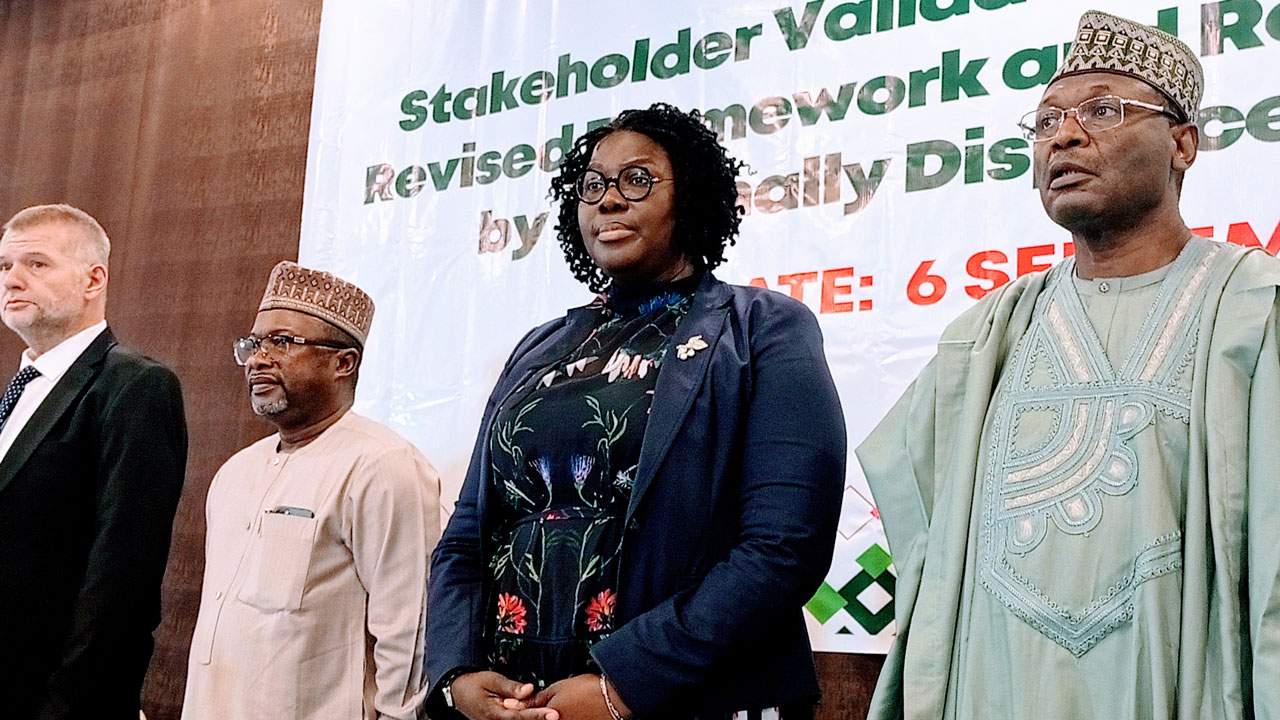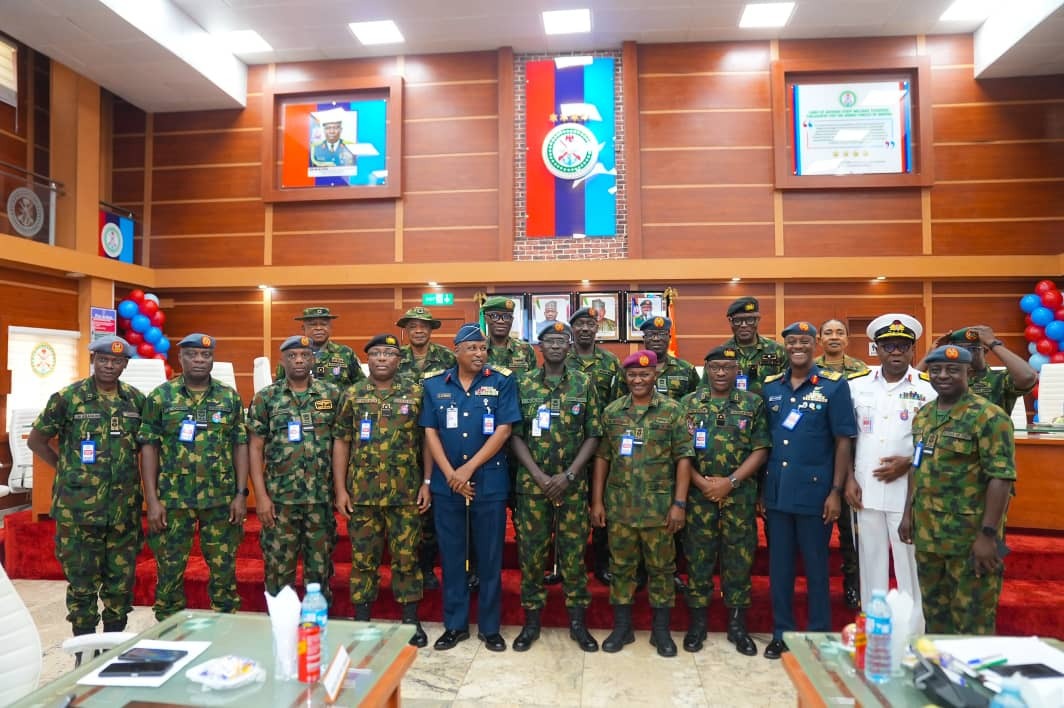
Denies violating Electoral Act on voter register
Independent National Electoral Commission (INEC), yesterday, said it has put measures in place to ensure every eligible Nigerian, including over three million Internally Displaced Persons (IDPs), participate in the 2023 general elections.
INEC chairman, Prof. Mahmood Yakubu, gave the assurance in Abuja at a stakeholders’ validation meeting on the 2022 Revised Framework and Regulations for Voting by IDPs.
Yakubu said the policy seeks to ensure no eligible Nigerian is left out of the electoral process on account of displacement, disability or other circumstances that may limit participation.
He said the policy has taken into consideration several developments since the last review and validation exercise in 2018. One of such developments, according to the INEC boss, is increase in the number of IDPs as a result of widespread insecurity nationwide.
Yakubu observed that beyond validation of the document, there is also a need for robust collaboration with stakeholders for voter education and sensitisation of IDPs.
The INEC boss also denied claim by a coalition of civil society organisations (CSOs) that it violated some aspects of the 2022 Electoral Act.
The CSOs had, on Monday, accused INEC of non-compliance with Section 19 (1) of the Act, which spells out how registration should be displayed across the country.
They said the commission has only displayed the register at local council levels, not at registration centres, as stipulated in the revised Electoral Acts.
But describing the claim as incorrect, Yakubu said INEC has not fixed a date for the activity in question. And when it is time, it will do the needful.
He hinted that the date for the exercise would be communicated after cleaning data of double or multiple registrants, following the just concluded Continuous Voters Registration (CVR).
He said: “While we always appreciate our collaboration with all stakeholders, it has become necessary to make an important clarification, in respect of a statement attributed to a section of civil society organisations.
“At a media briefing, yesterday, the commission was accused of failing to display the voters’ register, as provided by Section 19(1) of the Electoral Act 2022. This claim is incorrect.
“What the commission displayed for claims and objections in our local council area offices nationwide for a period of one week (from August 15 to 21, 2022) was not the entire register of voters but the list of fresh registrants at the end of the fourth and last quarter of the CVR covering the period from April 11 to July 31, 2022. This has been the practice for several years.
“Earlier, the commission had displayed the register three times: September 24 to 30, 2021 (First Quarter), December 24 to 30, 2021 (Second Quarter) and March 26 to April 1, 2022 (Third Quarter).
“A comprehensive schedule of the CVR and display of the register was shared with stakeholders at our quarterly meeting just before inception of the exercise in June last year.”
Yakubu said the commission would display the comprehensive register in all the wards and local councils in the country, with a view to integrating fresh voters registered during the last continuous registration.






